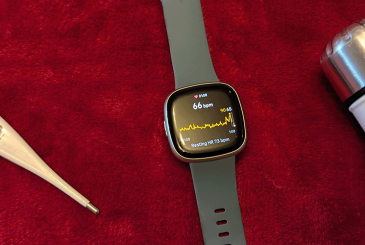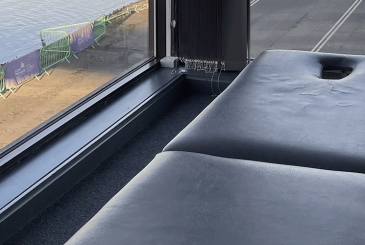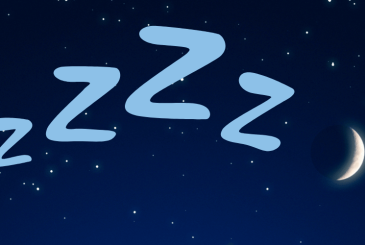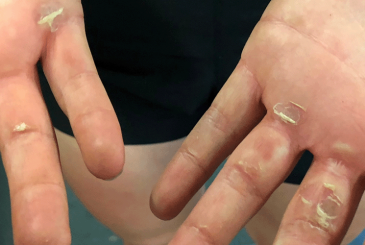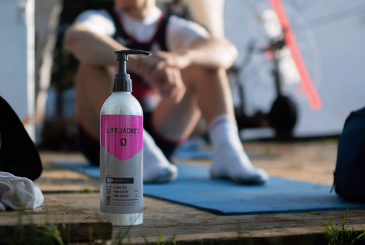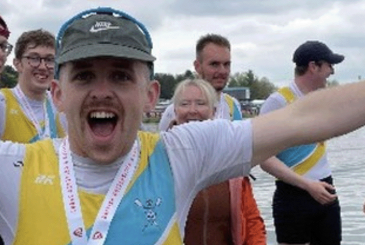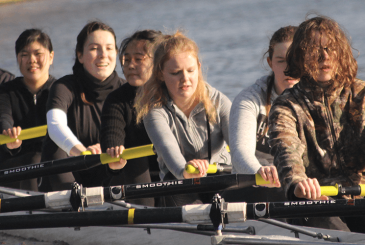In the first of a series of three articles, Nick Littlehales talks about why it’s time to redefine sleep and the benefits of doing so
It really should not come as any surprise, with centuries, decades, and generations of no sleep education, that we still adopt a human mantra of ‘take it for granted’. As a result, how well we sleep or recover is not, even today, considered by many a performance criteria.
It’s time to develop a more proactive understanding of sleep, the underrated health pillar. Debunk it, redefine it and adopt practical, achievable steps to fully reveal this natural human mental and physical recovery process 24 seven.
Research has and continues to reveal that sleep deprivation has a major impact on mental fitness and wellbeing. Actual or perceived low levels of recovery will affect how well our brain can process information, our emotional response to required tasks, our mood, motivation, ability to learn new skills, ability to make decisions, our reaction times, awareness, alertness, stamina and relationships.
As we roll through the key sleep stages in cycles, our brain can catch up, prioritise and file all the information that we have been exposed to during the day, both positive and negative. If our brains are not able to reveal the key sleep quality stages in cycles while we are in a perceived sleep state, then ongoing mental functioning decreases nearly twice as fast as physical performance. As a result, although we may feel able to physically function the following day, it’s likely that we won’t be able to recall everything we learned the previous day and may struggle to make effective decisions. We feel an increased perception of effort, fatigue kicks in quicker and our mood and motivation become imbalanced.
Redefining your everyday recovery approach starts with understanding that as humans we should be synchronised with the Circadian Rhythms. This sunrise-sunset, daylight, diminished light, dark and temperature shift process is key to optimising human functionality.
A circadian rhythm is a 24-hour internal cycle managed by our body clock deep within the brain. Regulating our internal systems such as sleeping, eating patterns, hormone production, mood, and motivation.
Add to that the knowledge that before electric light was used to illuminate our homes, streets and lives, humans adopted a multiphasic sleep wake cycle, not just one nocturnal block (monophasic), and that we all have a Chronotype, your genetic sleeping characteristic – An AMer lark morning or PMer night owl evening person – and you start to form the basis of a redefined 24 seven approach to optimise mental and physical activity, developing more sustainable levels of mental and physical recovery. These are three of seven Key Sleep Recovery Indicators known as KSRI’s that are part of the proven R90 Technique.
In a recent study published in the European Journal of Sports Science, researchers found that elite athletes were able to take daytime naps and not suffer any adverse effects on their nocturnal sleep
R90 Technique: Recovery in 90-minute Cycles. Ninety minutes is in principle the length of time it takes a person under clinical conditions to go through the key recovery stages and phases.
If you think of sleep in cycles per week, not hours per night, very quickly one or two disrupted nights out of seven have less impact on your overall approach, taking the pressure off an all-or-nothing eight hours per night focus.
A key first step would be to identify your most consistent everyday wake time and break your 24 hours up into sixteen 90-minute time periods based on this start time.
To take the pressure off your 24 seven approach, you should focus on the first 90 minutes after you wake, the “Post Sleep Period”, as well as making sure to grab plenty of short, two to five-minute distractive vacant mind-space breaks every 90 minutes. Allocate a 20-30-minute midday or late afternoon nap, or as I refer to it in elite sport, a CRP (Controlled Recovery Period) and take some “me time” every day.
No Worries: Worrying about sleep is its greatest disrupter, creating a more defined approach can be your personal performance Game Changer
Ideally the target is to achieve five ninety minute cycles [seven and a half hours] nocturnally combined with as many micro CRP’s and one 20/30 minute CRP as required, planning to achieve 35 cycles in any seven day period. As importantly, you will become more aware of how much sleep recovery you are targeting, when, why and how.
top tips
| Break the day into 16 x 90 minute cycles |
| Aim to achieve five x 90 minute cycles per night OR 35 cycles in seven days |
| Find your consistent wake time every day |
| Grab plenty of two-five minute mind-space breaks and one 20-30 minute CRP every day |
In a recent study published in the European Journal of Sports Science, researchers found that elite athletes were able to take daytime naps and not suffer any adverse effects on their nocturnal sleep. This kind of nap is known as ‘appetitive’ – taken not to compensate for sleep loss, but from an appetite to sleep owing to training induced fatigue. Participants had their level of tiredness measured before their naps, and how long they took to get to sleep was recorded. The scientists found that, of the participants, elite athletes drifted off faster and did not need to be feeling tired to nap.
Recovery is a 24-hours-a-day, seven-days-a-week commitment, and through using the daylight hours in addition to your nocturnal approach you will be able to give your mind and body the opportunity to continually reboot while dealing with the demands of modern life.
Remember your ability to sleep and reveal more consistent, sustainable levels of recovery is all about the rolling 24 seven circadian rhythms of our day, in particular, exposure to light at the right times in the four phases of every day. The key to improving your own personal performance as well as protecting yourself is creating as much rhythm, pattern, and harmony in your 24 seven as possible.
No Worries: Worrying about sleep is its greatest disrupter, creating a more defined approach can be your personal performance Game Changer.
Read Nick’s next article on sleep >>
–
–
–
–
–
–



